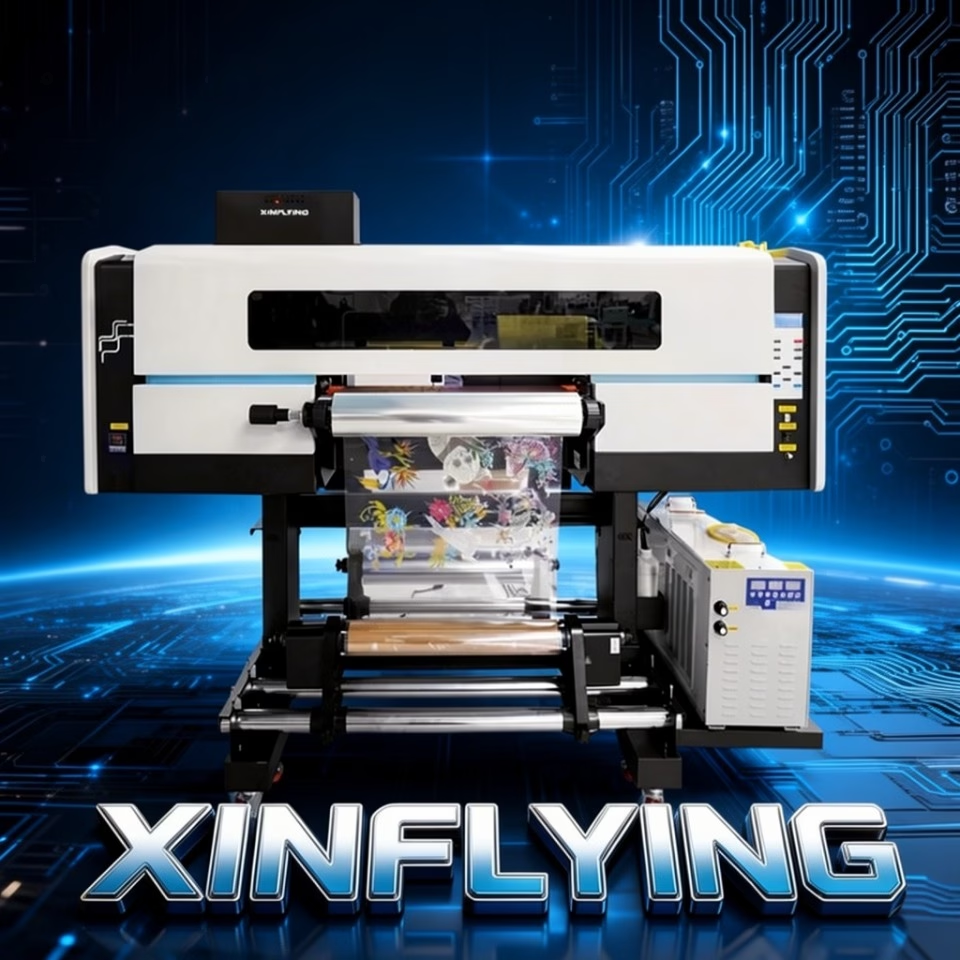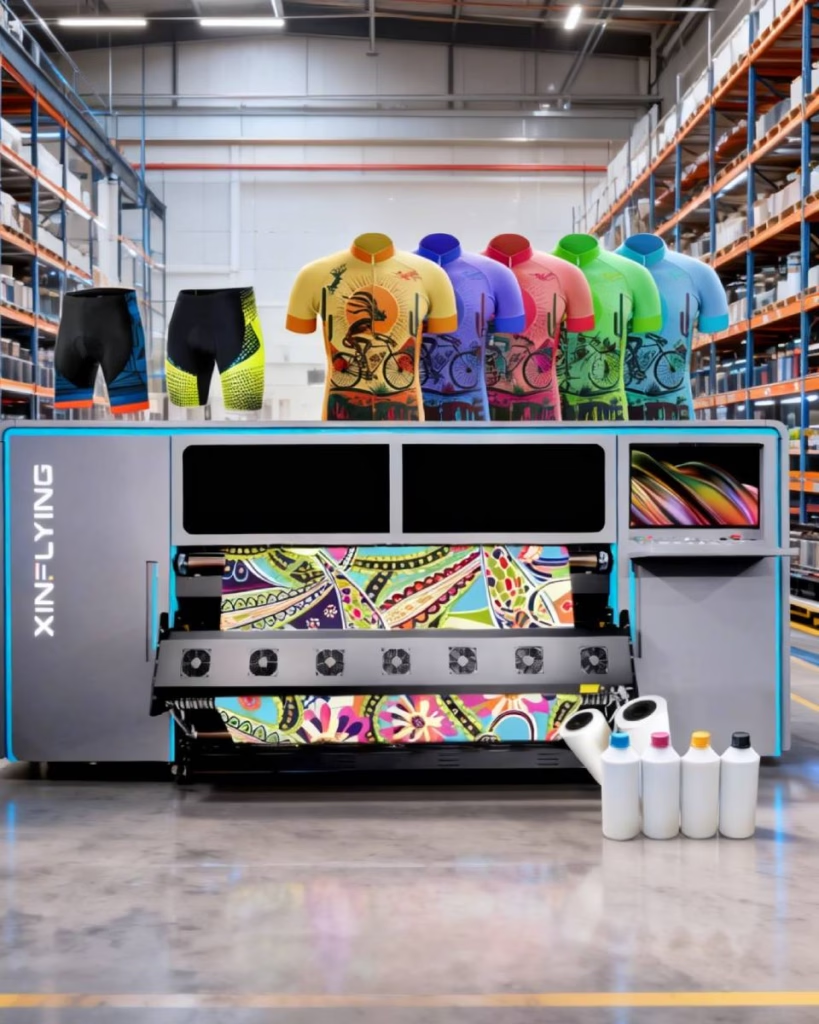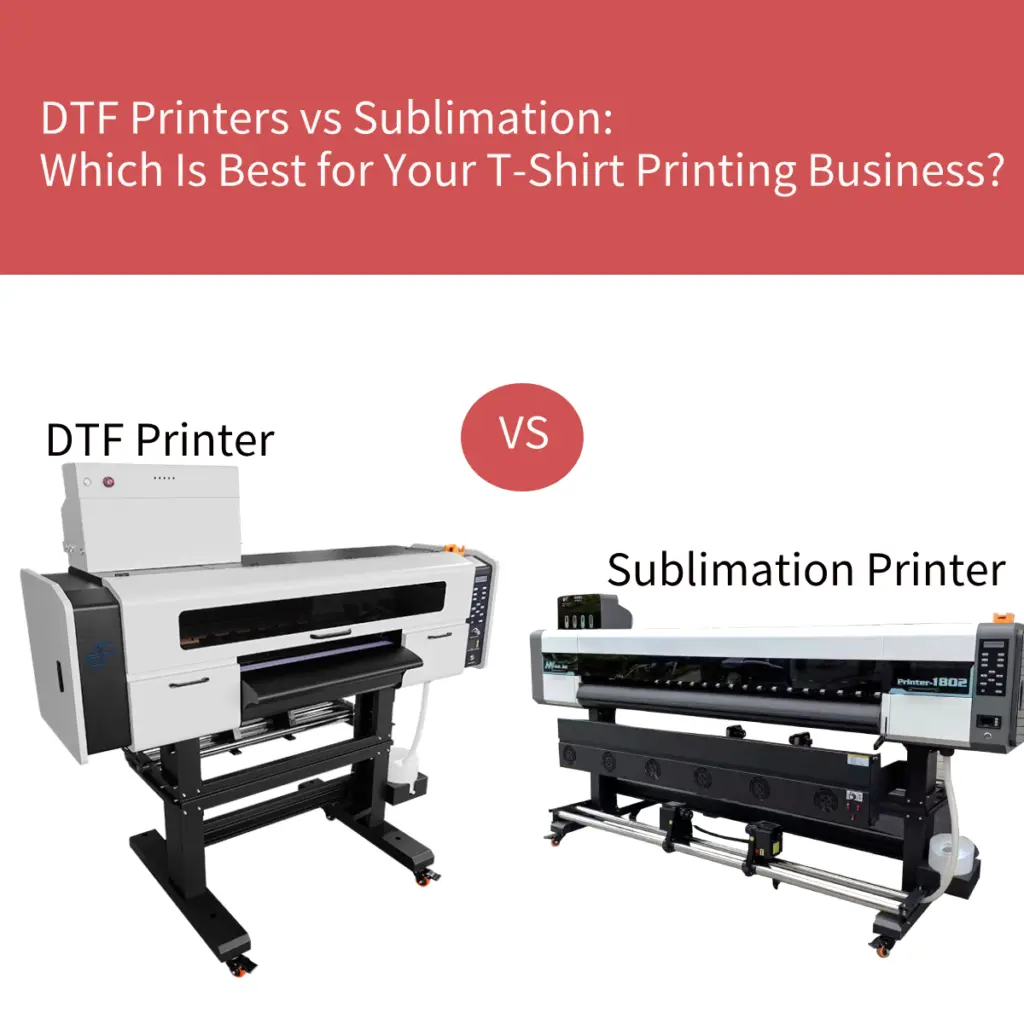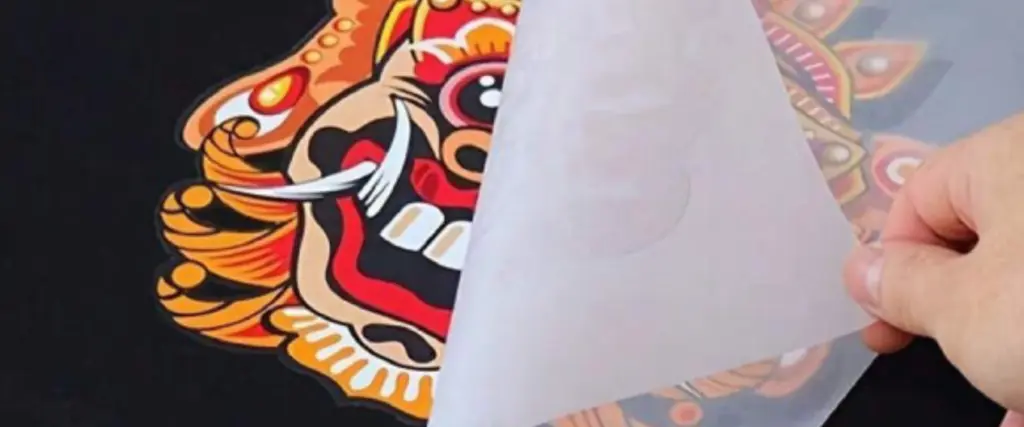When it comes to the world of direct to film (DTF) printing, the choice between black and white DTF powder can make a significant impact on your final results. Understanding the differences between these two options is crucial for achieving the best outcomes in your printing projects. In this article, we will delve into the specifics of black and white DTF powder, exploring their unique characteristics and benefits.
What Is DTF Powder?
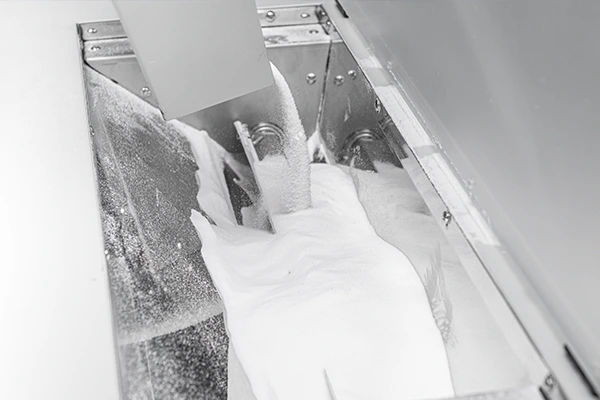
DTF powder, short for direct to film powder, also called hot melt adhesive powder, is a specialized material used in the DTF printing process. It is a crucial component that allows for the transfer of vibrant designs from a printed film onto various types of fabrics. DTF powder plays a key role in creating durable and long-lasting prints with exceptional color quality and detail.
What Is DTF Black Powder?
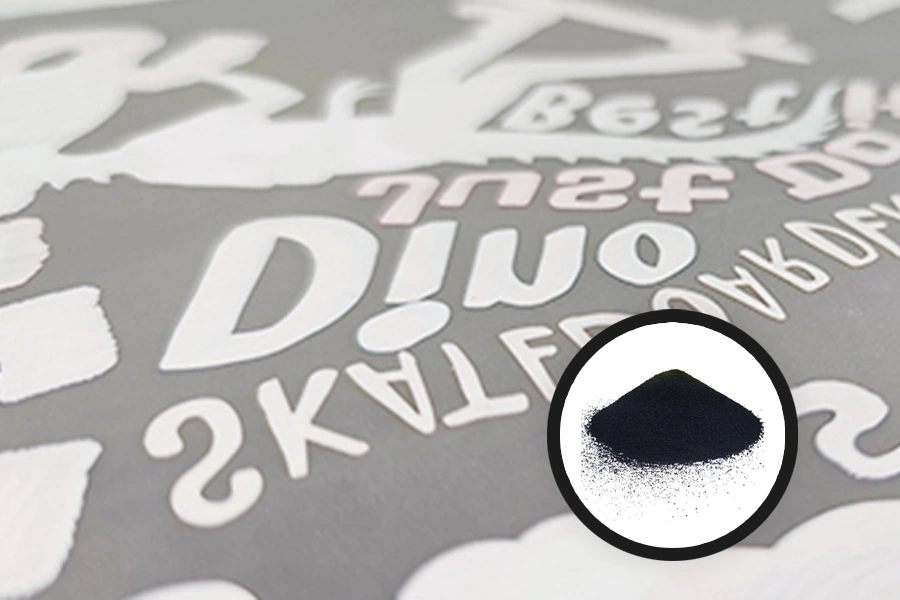
DTF black powder is a type of DTF powder that is specifically formulated for use with dark-colored fabrics. It is designed to achieve optimal color vibrancy and contrast on darker materials, ensuring that the printed designs stand out effectively. Black DTF powder is known for its rich and deep color reproduction, making it a popular choice for a wide range of applications.
What Is Black DTF Powder Used For?
Black DTF powder is commonly used for printing designs on dark-colored fabrics such as black, navy, or deep red garments. Its high opacity and color saturation make it ideal for creating bold and eye-catching prints that pop against darker backgrounds. From t-shirts to hoodies and beyond, black DTF powder is versatile and reliable for a variety of apparel applications.
Benefits of Using DTF Black Powder
Vibrancy of Colors
One of the main advantages of using DTF black powder is its ability to deliver exceptional color vibrancy and saturation. The deep black base enhances the brightness and richness of the colors, resulting in striking and vivid prints that catch the eye. Whether you are printing intricate designs or bold graphics, black DTF powder helps bring your creations to life with stunning color accuracy.
Suitable for Dark Fabrics
Another key benefit of black DTF powder is its compatibility with dark-colored fabrics. Unlike white DTF powder, which can struggle to show up on dark backgrounds, black DTF powder excels at providing a sharp and clear print on materials with deeper hues. This makes it a preferred choice for projects that require precise and detailed designs on black or other dark fabrics.
Long-Lasting Results
In addition to its color and fabric compatibility, black DTF powder is known for its durability and longevity. Prints created with black DTF powder exhibit excellent wash and wear resistance, ensuring that your designs stay vibrant and intact even after multiple wash cycles. The lasting quality of black DTF prints makes them a reliable option for creating custom apparel that stands the test of time.
What Is DTF White Powder?
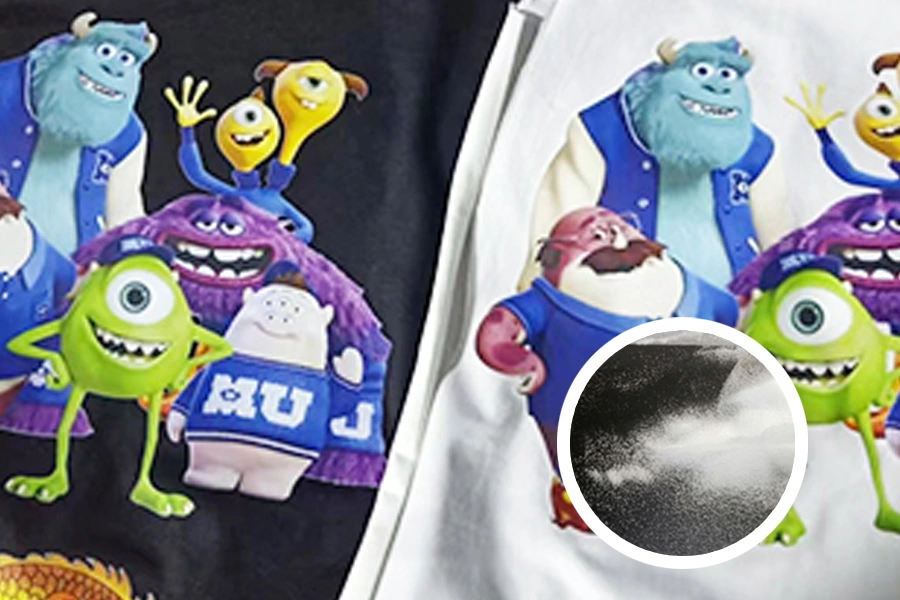
On the other end of the spectrum, DTF white powder is formulated for use with light-colored fabrics. It is designed to provide crisp and bright prints on materials with lighter hues, offering a clean and professional finish to your designs. DTF white powder is a versatile option for a wide range of applications that require precision and detail on white or light-colored backgrounds.
What Is White DTF Powder Used For?
White DTF powder is commonly used for printing designs on light-colored fabrics such as white, pastel, or light gray garments. Its high opacity and brightness make it ideal for creating sharp and clear prints that stand out on lighter backgrounds. From intricate patterns to text and logos, white DTF powder offers excellent visibility and clarity for a variety of design elements.
Benefits of Using DTF White Powder
Ideal for Light-Colored Fabrics
One of the main advantages of white DTF powder is its ability to provide excellent visibility and contrast on light-colored fabrics. The bright white base enhances the colors and details of the printed designs, resulting in sharp and vibrant prints that pop against lighter backgrounds. Whether you are working with white fabrics or pastel colors, white DTF powder ensures that your designs look crisp and clean.
Great for Detailed Designs
White DTF powder is particularly well-suited for intricate and detailed designs that require precision and clarity. Its high opacity and fine particle size enable it to reproduce fine lines, text, and small details with exceptional accuracy and sharpness. Whether you are creating intricate patterns or intricate logos, white DTF powder helps bring out the intricacy and complexity of your designs with ease.
Easy to Work With
In addition to its clarity and precision, white DTF adhesive powder powder is known for its ease of use and application. It has a smooth and consistent texture that allows for seamless blending and distribution, making it simple to achieve even coverage and sharp prints. Whether you are a beginner or experienced printer, white DTF powder offers a user-friendly experience that results in high-quality and professional-looking designs.
Black vs. White DTF Powder
Color Representation
The choice between black and white DTF powder significantly impacts the color representation of your prints. While black DTF powder enhances the vibrancy and richness of colors on dark fabrics, white DTF powder provides excellent contrast and brightness on light fabrics. Understanding the color representation characteristics of each type of DTF powder is essential for achieving the desired look and feel in your prints.
Fabric Compatibility
In addition to color representation, fabric compatibility is another key factor to consider when choosing between black and white DTF powder. Black DTF powder is best suited for dark-colored fabrics, while white DTF powder is ideal for light-colored fabrics. Ensuring that your DTF powder choice aligns with the color and material of your project is crucial for achieving optimal results and clarity in your prints.
Design Intricacy
The intricacy of your designs plays a significant role in determining whether to use black or white DTF powder. If you are working on detailed and intricate designs that require precision and clarity, white DTF powder is the preferred choice. Its high opacity and fine particle size make it ideal for reproducing small details and fine lines with exceptional accuracy. On the other hand, if you are creating bold and vibrant designs on dark fabrics, black DTF powder offers excellent color vibrancy and contrast.
Application Process
The application process for black and white DTF powder may vary slightly due to their different characteristics and properties. Understanding the nuances of applying each type of DTF powder is essential for achieving the best results in your printing projects. From choosing the right settings on your printer to properly preparing the fabric and film, paying attention to the specific requirements of black and white DTF powder can help ensure a smooth and successful printing process.
Longevity of Prints
When it comes to the longevity of prints, both black and white DTF powder offer excellent durability and wash resistance. Prints created with black DTF powder maintain their vibrancy and color saturation even after multiple wash cycles, ensuring that your designs stay intact and vibrant over time. Similarly, prints made with white DTF powder exhibit outstanding clarity and sharpness, retaining their brightness and detail through repeated wash and wear.
How to Choose Between Black and White DTF Powder
Choosing between black and white DTF powder can be a crucial decision that significantly impacts the outcome of your printing projects. To make an informed choice between the two options, consider the following factors:

Fabric Color
One of the primary considerations when choosing between black and white DTF powder is the color of the fabric you will be printing on. Black DTF powder is ideal for dark-colored fabrics such as black, navy, or deep red garments, as it provides excellent color vibrancy and contrast on these materials. On the other hand, white DTF powder is best suited for light-colored fabrics like white, pastel, or light gray garments, offering crisp and bright prints that stand out against lighter backgrounds. Matching the DTF powder to the fabric color ensures that your designs look sharp and vibrant on the intended backdrop.
Design Complexity
The complexity of your designs plays a crucial role in determining whether black or white DTF powder is the right choice for your project. If you are working on intricate and detailed designs that require precision and clarity, white DTF powder is the preferred option. Its high opacity and fine particle size make it ideal for reproducing small details and fine lines with exceptional accuracy. On the other hand, if you are creating bold and vibrant designs with rich colors on dark fabrics, black DTF powder offers excellent color vibrancy and contrast, making your prints pop against darker backgrounds. Consider the level of detail in your designs and choose the DTF powder that best complements the intricacy of your artwork.
Conclusion
In conclusion, the choice between black and white DTF powder can have a significant impact on the outcome of your printing projects. Understanding the unique characteristics and benefits of each type of DTF hot melt powder is essential for achieving optimal results in your designs. Whether you are looking to create bold and vivid prints on dark fabrics or intricate and detailed designs on light fabrics, selecting the right DTF powder sets the foundation for success in your DTF printing endeavors.

